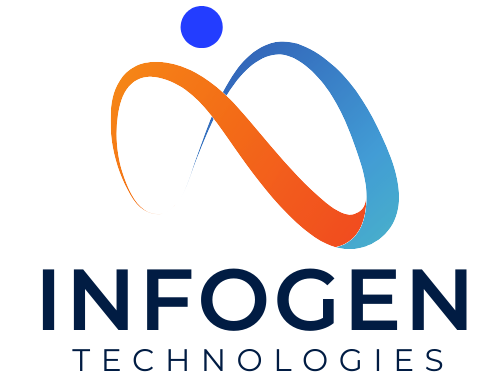Blockchain technology, initially synonymous with cryptocurrency, has evolved far beyond its origins. It offers a decentralized, secure, and transparent system for various applications across multiple industries. This blog delves into how blockchain is revolutionizing sectors such as supply chain, healthcare, finance, and more, highlighting its real-world applications and benefits.
Enhancing Supply Chain Transparency and Efficiency
One of the most significant applications of blockchain technology is in supply chain management. By providing a transparent and immutable ledger of transactions, blockchain enhances traceability and accountability. Every step in the supply chain, from raw material sourcing to final product delivery, can be recorded on the blockchain. This transparency helps businesses monitor product flow, verify authenticity, and reduce fraud.
For instance, the food industry can use blockchain to track the journey of products from farm to table. This ensures food safety by enabling quick identification of contamination sources. Similarly, luxury goods manufacturers can use blockchain to verify the authenticity of their products, combating counterfeiting and ensuring brand integrity.
Revolutionizing Healthcare Data Management
In the healthcare sector, blockchain can transform data management and patient care. Patient records can be securely stored on a blockchain, ensuring that they are tamper-proof and accessible only to authorized personnel. This enhances data security and patient privacy while facilitating seamless information sharing among healthcare providers.
Blockchain also supports the creation of a decentralized health data marketplace. Patients can share their data with researchers and pharmaceutical companies in exchange for rewards, promoting medical research while maintaining control over their personal information. Furthermore, blockchain can streamline clinical trials by ensuring data integrity and transparency, reducing fraud, and speeding up the approval process for new treatments.
Streamlining Financial Transactions and Services
Blockchain’s impact on the finance sector extends beyond cryptocurrencies. It can streamline various financial services, including cross-border payments, trade finance, and asset management. Blockchain enables faster, cheaper, and more secure transactions by eliminating intermediaries and reducing the risk of fraud.
For cross-border payments, blockchain provides a more efficient alternative to traditional banking systems. Transactions that typically take several days and incur high fees can be completed in minutes at a fraction of the cost. In trade finance, blockchain can digitize and automate processes, such as issuing letters of credit and tracking shipments, reducing paperwork and enhancing trust between trading partners.
Enabling Secure Digital Identity Management
Digital identity management is another area where blockchain offers significant benefits. Traditional identity systems are often centralized and vulnerable to breaches. Blockchain provides a decentralized and secure method for managing digital identities, giving individuals control over their personal information.
With blockchain, users can create a self-sovereign identity, which they can use to verify their credentials without relying on a central authority. This can be particularly beneficial in areas such as voting, where blockchain can ensure the integrity of the electoral process by preventing fraud and ensuring that only eligible voters can participate.
Supporting Smart Contracts and Decentralized Applications
Blockchain enables the creation of smart contracts—self-executing contracts with the terms directly written into code. These contracts automatically execute and enforce agreements when predefined conditions are met, reducing the need for intermediaries and lowering transaction costs.
Smart contracts have numerous applications across industries. In real estate, they can simplify property transactions by automating processes such as title transfers and escrow payments. In insurance, they can streamline claims processing by automatically verifying and approving claims based on predefined criteria.
Decentralized applications (DApps) built on blockchain platforms can also disrupt traditional business models. DApps operate on decentralized networks, eliminating the need for central servers and offering greater security and resilience. Industries such as gaming, social media, and content distribution are increasingly exploring DApps to provide users with more control and transparency.
Conclusion
Blockchain technology is proving its potential far beyond cryptocurrency. Its ability to provide secure, transparent, and efficient solutions is transforming industries such as supply chain, healthcare, finance, and more. By leveraging blockchain, businesses can enhance operational efficiency, improve data security, and create new opportunities for innovation.
As blockchain technology continues to evolve, its applications and benefits will expand, making it a critical component of the digital transformation landscape. Embracing blockchain can help businesses stay competitive, meet regulatory requirements, and build trust with customers and partners in an increasingly digital world.




